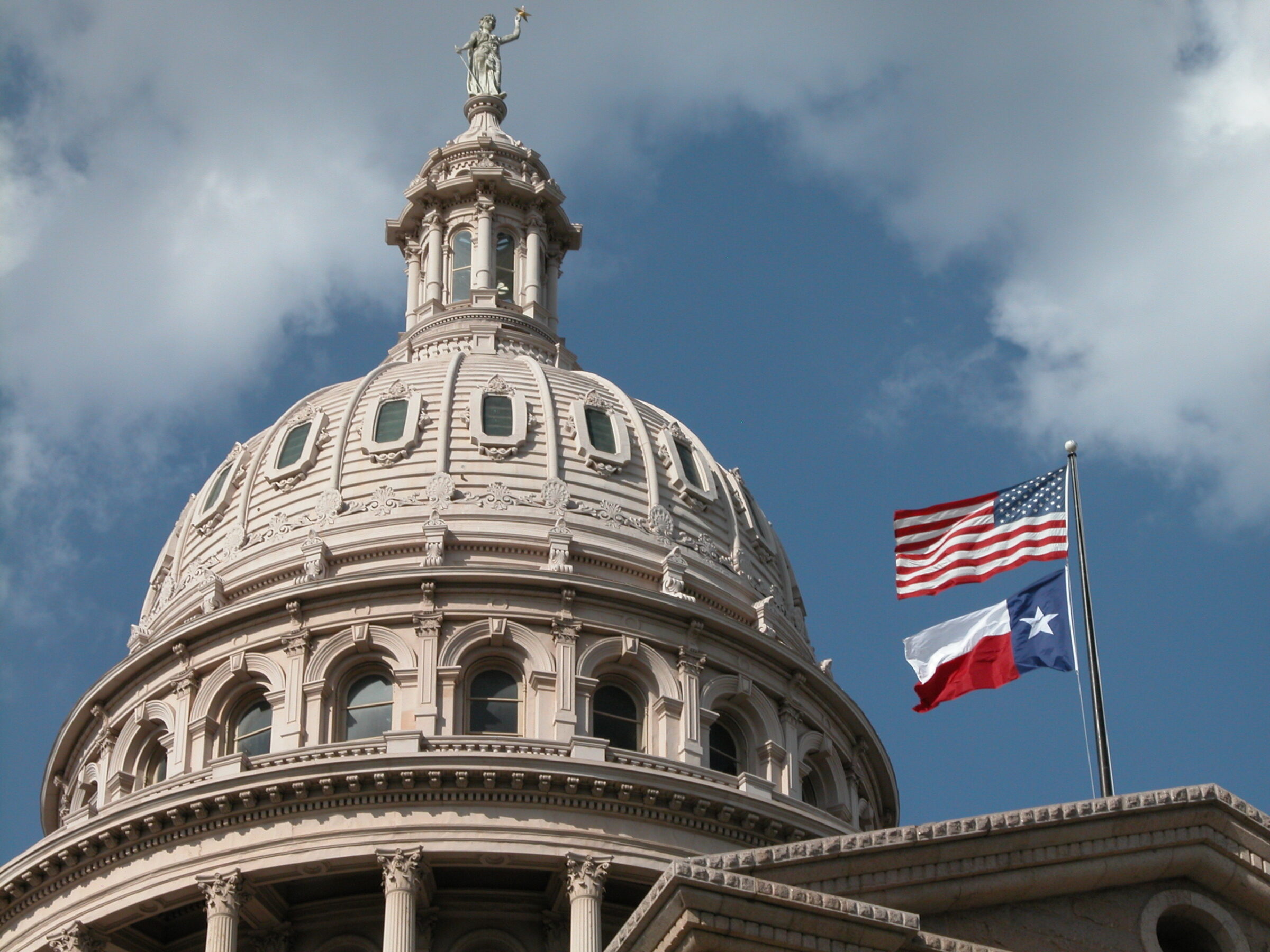The Bottom Line Texas Lawmakers Finally Get Serious About School Choice for Families
Originally published at Washington ExaminerAfter two days of committee hearings, Texas lawmakers advanced a bill on Friday that would grant the state’s families more choice in the education system: Texas House Bill 1. The bill now heads for a vote by the full Texas House of Representatives, likely sometime later this week.
This is a substantial win for parental empowerment in the school choice war waging in the Lone Star State. It comes after a continual stalemate in the Texas House of Representatives over school choice — both in this legislative session and in several past special sessions.
Neither side is bluffing in what has become a game of Texas Hold’Em, with the ante upping with each passing session. Both those in favor and those opposed to school choice are deeply committed to their position, but Gov. Greg Abbott has made it clear he isn’t going to call it quits until lawmakers get the job done. He’s prepared to hold them in Austin through Thanksgiving if lawmakers fail to pass a school choice bill.
School choice opponents are focused on power, money, and control. They want to preserve a system and the adults in it over the best interest of children – at least other people’s children.
Keri D. Ingraham
The Texas Senate has passed three bills related to K-12 education, including Senate Bill 1 and Senate Bill 2. Senate Bill 1 would advance school choice by using $500 million already approved in the general state budget for $8,000 education savings accounts (ESAs). That would reach 62,500 students and have the ability to expand over time.
Senate Bill 2 would grant an additional $5 billion of funding to public schools to increase per student funding, provide up to $10,000 in teacher bonuses, and increase school safety measures. But those Senate bills are not expected to pass the House.
It is House Bill 1, introduced by state Rep. Brad Buckley, chairman of the House Public Education Committee, that will soon be voted on.
House Bill 1 would create an ESA program with $10,500 provided per student. The priority would be students with disabilities and those from low-income households. Additionally, the bill would increase per student funding, create teacher training programs, increase teacher pay, and add more funding to public district schools.
State Rep. Cody Harris, a Republican from rural Palestine, Texas, was one of several Republicans who initially opposed expanding school choice in the state. In fact, he ran in 2018 as the anti-voucher politician. Yet, once he began serving on the House Public Education Committee earlier this year, his position changed. Harris told the Washington Examiner, “My thinking started to change in the regular session earlier this year when a parent testified. His child was trapped in a failing public school. He had no way to get him out. If that was my child, I would have been beating down the door of the Capitol.”
As the months progressed and countless testimonies were given, Harris was struck by the fact that “the arguments against ESAs were all about preserving a system and not about children.”
Harris sees House Bill 1 as different from the past school choice bills that have failed. “This bill reaches low-income families first, and it also will help recruit, attract, and retain quality public school teachers, which is a tremendous issue in rural areas,” he said.
To his fellow Republicans who represent rural areas in Texas, Harris asserted, “It is absurd that we can’t be for an ESA and for public schools. Those are not mutually exclusive. House Bill 1 does a great job of doing both.”
Those in favor of empowering parents with education options for their children outside of the public school system are driven by a deep commitment to educational freedom for all – not just the wealthy who can afford private school tuition or families with the ability to have a parent stay at home to provide homeschooling.
Conversely, those who oppose school choice are focused on power, money, and control. They want to preserve a system and the adults in it over the best interest of children – at least other people’s children. In fact, several of the Democratic lawmakers in Texas who are working to block school choice from passing have either attended private school themselves or send their children to private schools.
Now is the time for Texas Republicans to rally together and join Harris in voting to grant Texas’ children the best possible education. They’ve waited long enough.


